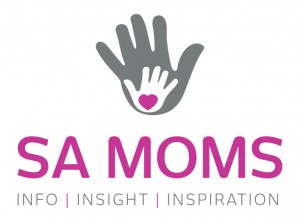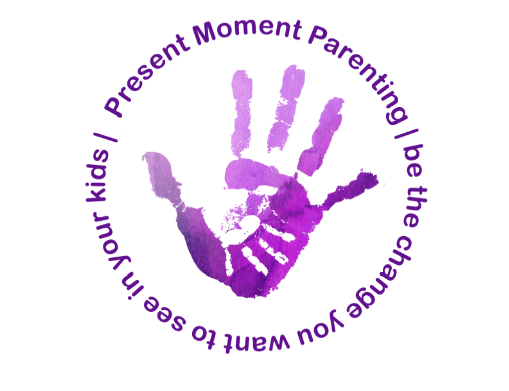
How many times have you heard your kids say “I can’t” in the last week? Once? Twice? A dozen times? We all know that “I can’t” represents a defeatest attitude, that it is not empowering in any way.
Saying “I can’t” is like slamming a door shut – the door of creativity, that is. Once you’ve said “I can’t” there is nowhere further to go with your thinking; it’s game over.
We’ve made “can’t” a swear word in our house – it is simply not allowed under any circumstances. There is always another way to look at things, and there is always the possibility of asking for help before giving up entirely.
So how do we remove the “t” from “can’t” and turn it into an empowering “can”?
Saying “I can’t” is like slamming a door shut – the door of creativity, that is. Once you’ve said “I can’t” there is nowhere further to go with your thinking; it’s game over.
We’ve made “can’t” a swear word in our house – it is simply not allowed under any circumstances. There is always another way to look at things, and there is always the possibility of asking for help before giving up entirely.
So how do we remove the “t” from “can’t” and turn it into an empowering “can”?
Whenever your child says “I can’t” gently remind them that this is now a swear word and the question to ask instead is “How can I?”. Asking “How can I?” is the key to opening the door of creativity, of exploring all the possible options.
For example, the other day my 5-year-old wanted some scissors and I said she could grab them from the hook in the kitchen to which she responded: “I can’t reach the scissors”. I reminded her that “can’t” is a swear word in our house and to please rather ask: “How can I reach the scissors?” Within minutes she’d come up with “I could ask you to get them; I could get the steps and climb up and get them; I could knock them down with a long spoon; I could climb the drawers in the kitchen and get up on the counter”.
Saying “I can’t” closes off creative thinking and with it the possibility of a solution. Saying “I can” encourages creative thinking, independence and confidence.
And, as usual, your kids are first learning from you, so you need to make “can’t” as unacceptable in your own vocabulary (including in your thoughts) as you are in theirs. If you struggle with this it’s likely that you have some ingrained limiting beliefs from your own childhood and it might be time for some coaching to weed these out and start empowering yourself and your kids. Give me a call!
For example, the other day my 5-year-old wanted some scissors and I said she could grab them from the hook in the kitchen to which she responded: “I can’t reach the scissors”. I reminded her that “can’t” is a swear word in our house and to please rather ask: “How can I reach the scissors?” Within minutes she’d come up with “I could ask you to get them; I could get the steps and climb up and get them; I could knock them down with a long spoon; I could climb the drawers in the kitchen and get up on the counter”.
Saying “I can’t” closes off creative thinking and with it the possibility of a solution. Saying “I can” encourages creative thinking, independence and confidence.
And, as usual, your kids are first learning from you, so you need to make “can’t” as unacceptable in your own vocabulary (including in your thoughts) as you are in theirs. If you struggle with this it’s likely that you have some ingrained limiting beliefs from your own childhood and it might be time for some coaching to weed these out and start empowering yourself and your kids. Give me a call!







 RSS Feed
RSS Feed